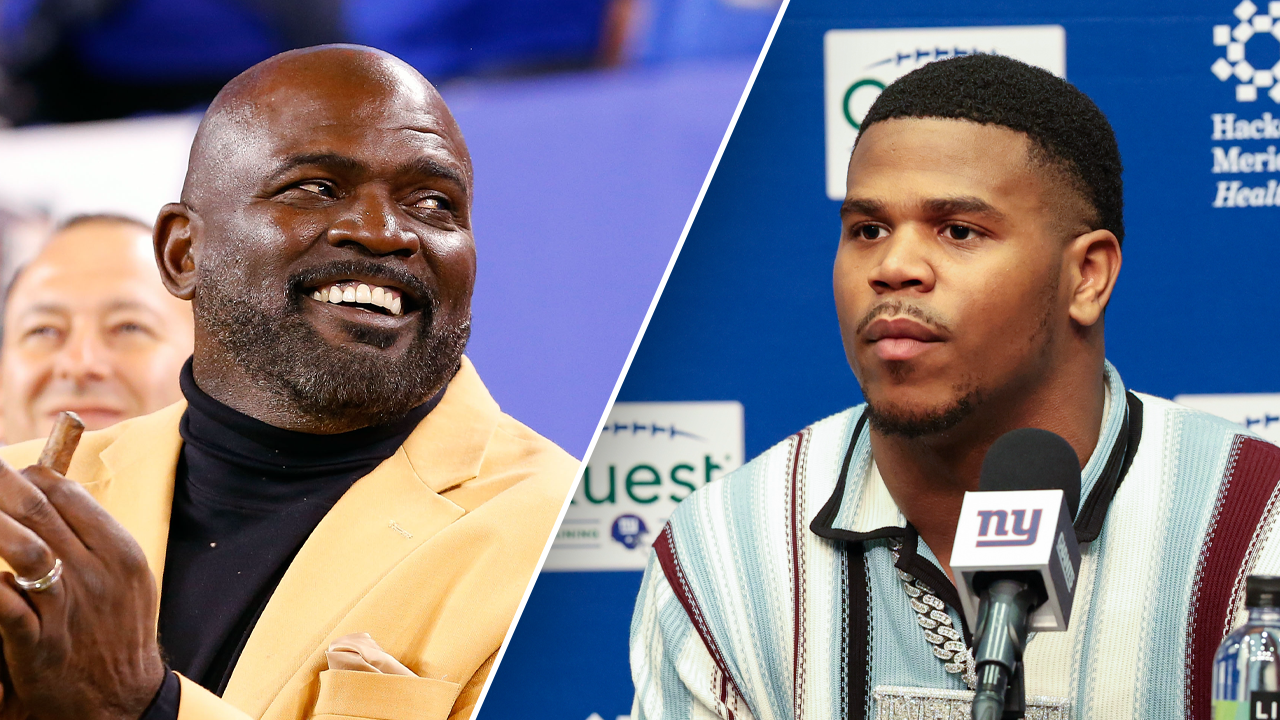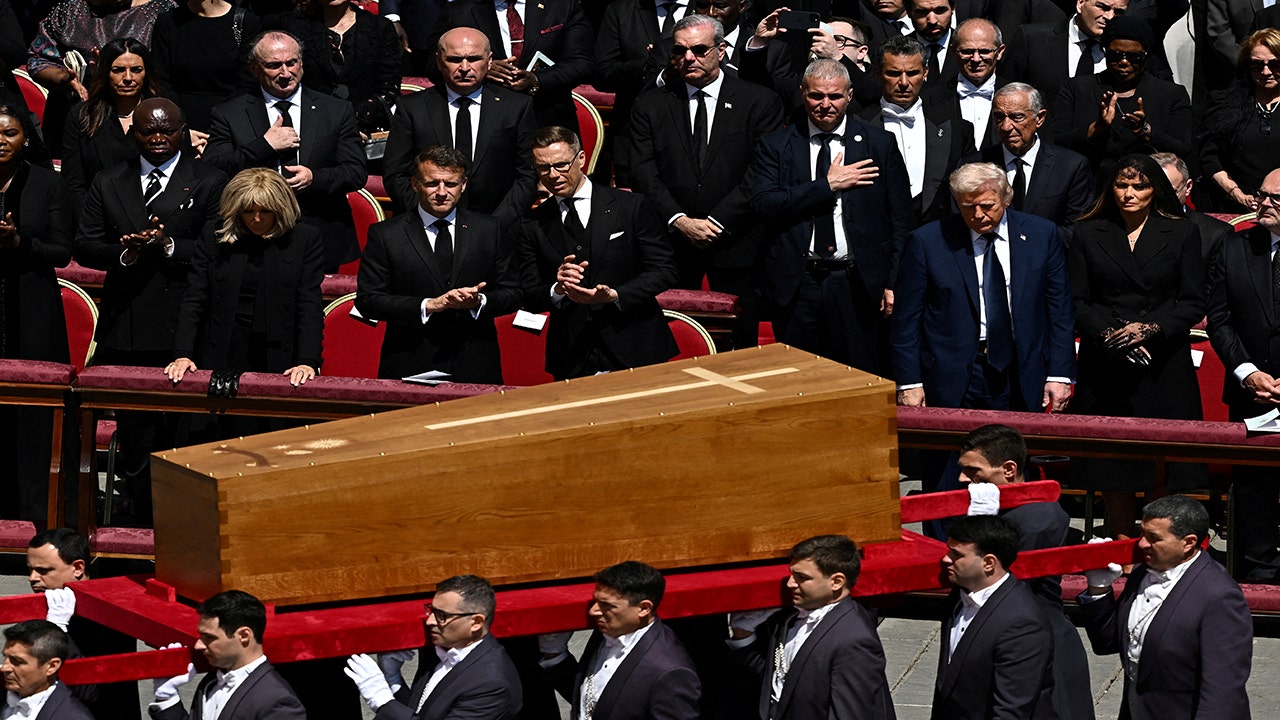United Steelworkers president David McCall is pressing the Trump administration to kill Nippon Steel and U.S. Steel’s $15 billion merger, noting in a letter to Treasury Secretary Scott Bessent that he remains “unalterably” opposed to the deal. It’s an awkward position for McCall to be in, given that many of his local union leaders and members back the deal—and given his long history of attacking the man he must convince to nix it, President Donald Trump.
McCall, then the director of a local USW chapter, embraced Hillary Clinton in 2016, writing in a memo to other union leaders that their choice “is either Secretary Clinton or a bigoted and idiotic candidate that has taken every opportunity to insult race, color, creed, national origin, disabilities and veterans.” He spoke at a Clinton rally in Ohio one month before the election, urging his “brothers and sisters from organized labor” to vote against Trump, who went on to win the state by 8 points.
McCall rallied behind Kamala Harris eight years later, denouncing Trump’s “toxic, divisive bravado” while praising Harris’s “inspiring, unifying fortitude.” In an October blog, he said Trump’s supporters “already circle like vultures, eager to conspire with him” to “drag the nation backward.” Months earlier, he called Trump “a convicted felon and wannabe dictator.” Asked last March if he could work with Trump should he return to the White House, McCall responded, “It didn’t work so well for us last time.”
McCall has no choice but to work with Trump now as he attempts to sink a deal that would see Japan’s Nippon invest billions in U.S. Steel, and his past statements could undermine his influence.
Nippon first announced its deal with U.S. Steel in December 2023. Then-president Joe Biden quickly opposed it—as did his replacement at the top of the ticket, Harris, and her opponent, Trump.
The Committee of Foreign Investment in the United States (CFIUS) reviewed the deal but did not make a formal recommendation as to whether it should proceed. Biden formally blocked the deal in January after Trump’s win over Harris and just two weeks before Biden left the White House.
Shortly thereafter, however, the Biden administration opted to hold off on enforcing an executive order that required Nippon to abandon its bid to buy U.S. Steel in 30 days, instead giving the Japanese company until June 18 to do so. Trump has since warmed up to Nippon.
Earlier this month, he ordered a fresh CFIUS review of the deal aimed at determining “whether any measures proposed by the parties are sufficient to mitigate any national security risks.” Trump has said that a restructured deal could see Nippon “invest heavily” in U.S. Steel without taking a majority stake.
Those developments have not won over McCall, who, in his letter to Bessent, argued “no mitigation measures will be sufficient to secure our domestic steelmaking capabilities and meet our national security needs.” Many of his union members disagree.
Plant-level officials in Pennsylvania, where U.S. Steel says it will need to close its oldest mill and cut thousands of jobs if the deal falls through, are particularly supportive of Nippon. In December, hundreds of union members rallied outside of a plant in Clairton, Pa., to urge Biden to approve the deal.
“When the deal to sell Nippon was first announced, 95 percent of the rank and file did not want it to happen,” vice president of the local USW chapter, Jason Zugai, told journalist Salena Zito, writing for the Washington Post. “Now, 95 percent of them do.”
McCall, for his part, has stood firm. “They don’t have to sell,” he told the Wall Street Journal one month before the rally. “U.S. Steel is a solid, viable company. It can stand alone.”
Nippon is not the only investor with its eyes on U.S. Steel. Rival steelmaker Cleveland-Cliffs also made a bid to buy U.S. Steel but lost out to Nippon. U.S. Steel later accused Cliffs of conspiring with McCall’s USW to thwart its deal with Nippon. Cliffs’s chairman, president, and CEO Lourenco Goncalves backed Clinton in 2016, saying, “I’m a Republican, but I just can’t support a guy like Donald Trump.”
Investment firm Ancora Holdings also mounted a fight to install a new CEO at U.S. Steel, Alan Kestenbaum, who maintained a close relationship with former Canadian prime minister Justin Trudeau as he served as CEO of Canadian steel company Stelco. Ancora dropped that fight after Trump ordered the fresh CFIUS review.
Read the full article here









